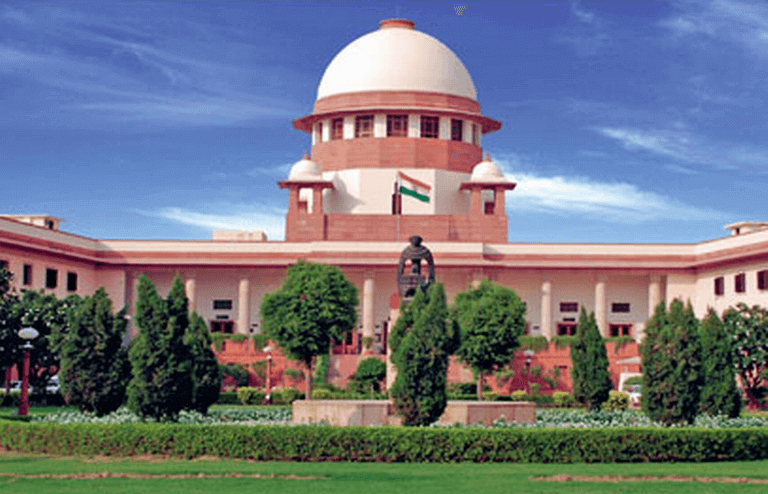Latest News
Novartis AG V. Union of India & Ors.

Novartis International AG one of the most profound pharmaceutical company filed an application in 1998 as according to the TRIPS agreement in front of Chennai Indian Patent office for the grant of 'anticancer' a drug named as 'Glivec' which used to treat people for Chronic Myeloid Leukemia (CML) and Gastrointestinal Stromal Tumors.
From Beta crystalline of 'Imatinib mesylate' this was found and formulated, Is used to cure cancer and is also patented in many countries. At the time when Novartis applied for the grant of this drug the same was restricted to methods and processes and not to products in India, under Section 5 of the Patent Act, 1970 this is stated.
After the Amendment in 2005 Section, 5 was annulled and the products were granted patents. The Novartis again filed an application for patent in 2005 but it was rejected by the Madras Patent Office on the ground that the drug was anticipated by earlier publication and has failed to satisfy the necessity of novelty and non- obviousness.
And then it was further stated that the invention is unpatentable under section 3(d) of Patent Act,1950 because over the preexisting formula that is Zimmerman patent this drug does not exhibit any vast alterations in therapeutic efficacy. In the Madras High Court after the rejection, Novartis filed two writ petition under Article 226 of the Constitution of India in the year 2006.
In the petition, it was stated that Section 3(d) of the Patent Act,1970 is unconstitutional as it does not comply with the TRIPS agreement, and also under Article 14 of the Constitution of India, it infringes fundamental right. The case was passed to Intellectual Property Appellant Tribunal in the year 2007 and it was stated by them that this was hit by Section 3(d) of the Patent Act, 1970 and therefore the product which is already patented with slight alteration is not required.
In 2009 the Novartis moved to the Supreme Court by filing the Special Leave Petition against the order passed by IPAB under Article 136 of the Constitution of India. The division bench of the Supreme Court of India in April 2013 rejected the appeal filed by Novartis and held that the Beta Crystalline form of Imatinib Mesylate, wherein the efficacy was well known.
In the judgment, it was also to stated that it is to prevent the evergreening of patented products and provide relief to those who cannot afford the life conserving drug as the pharmaceutical companies sell these drugs at peak. The plea of Novartis was overruled by the Supreme Court of India.
Document:



































































































